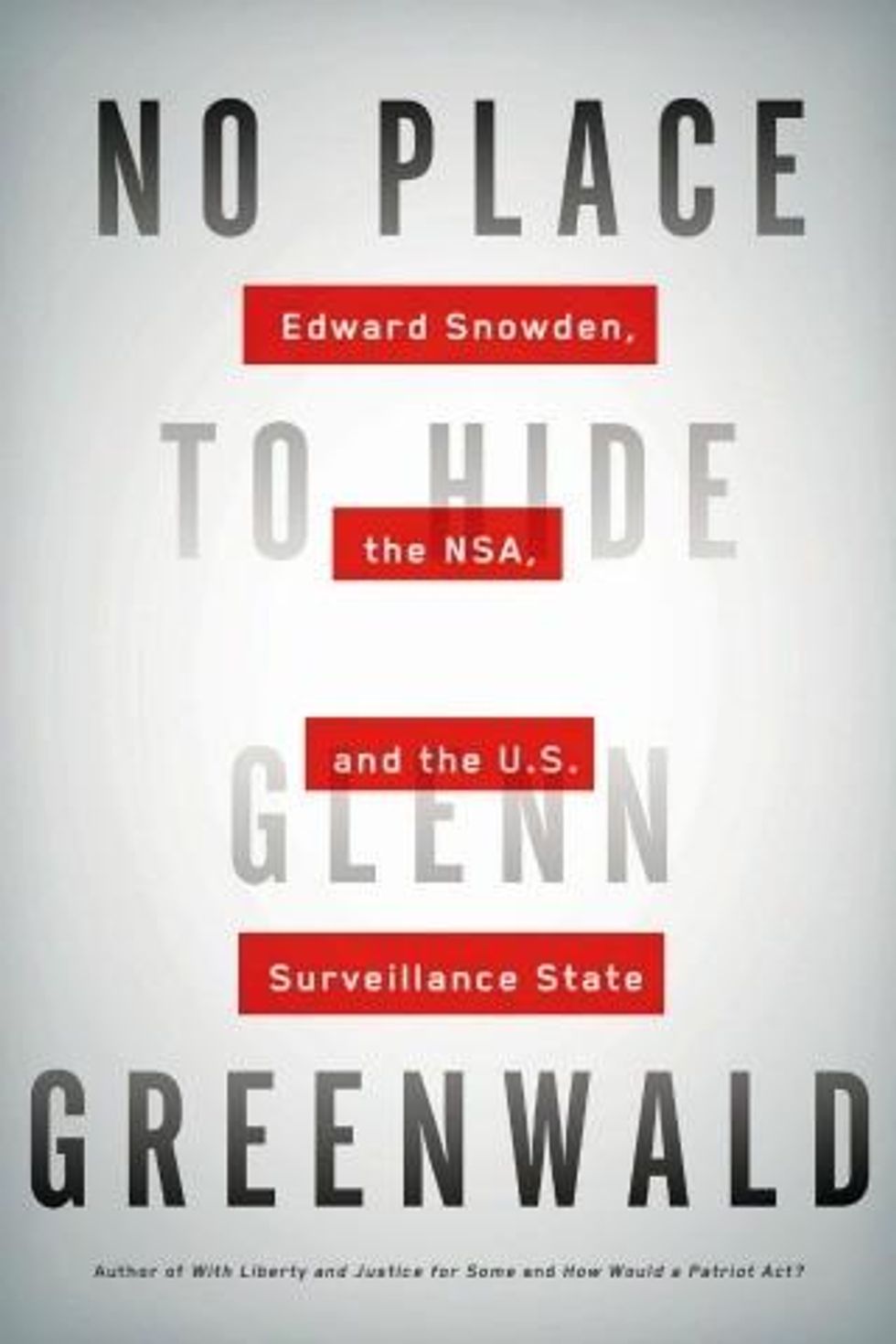In the hours after his name became known, the entire world was searching for the NSA whistleblower, and it became vital that his whereabouts in Hong Kong remained secret. In an extract from his new book, No Place to Hide: Edward Snowden, the NSA, and the US Surveillance State, Greenwald recalls the dramatic events surrounding the moment Snowden revealed himself in June 2013.
On Thursday 6 June 2013, our fifth day in Hong Kong, I went to Edward Snowden's hotel room and he immediately said he had news that was "a bit alarming". An internet-connected security device at the home he shared with his longtime girlfriend in Hawaii had detected that two people from the NSA - a human-resources person and an NSA "police officer" - had come to their house searching for him.
Snowden was almost certain this meant that the NSA had identified him as the likely source of the leaks, but I was sceptical. "If they thought you did this, they'd send hordes of FBI agents with a search warrant and probably Swat teams, not a single NSA officer and a human-resources person." I figured this was just an automatic and routine inquiry, triggered when an NSA employee goes absent for a few weeks without explanation. But Snowden suggested that perhaps they were being purposely low-key to avoid drawing media attention or setting off an effort to suppress evidence.
Whatever the news meant, it underscored the need for Laura Poitras - the film-maker who was collaborating with me on the story - and I to quickly prepare our article and video unveiling Snowden as the source of the disclosures. We were determined that the world would first hear about Snowden, his actions and his motives, from Snowden himself, not through a demonisation campaign spread by the US government while he was in hiding or in custody and unable to speak for himself.
Our plan was to publish two more articles on the NSA files in the Guardian and then release a long piece on Snowden himself, accompanied by a videotaped interview, and a printed Q&A with him.
Poitras had spent the previous 48 hours editing the footage from my first interview with Snowden, but she said it was too detailed, lengthy, and fragmented to use. She wanted to film a new interview right away; one that was more concise and focused, and wrote a list of 20 or so specific questions for me to ask him. I added several of my own as Poitras set up her camera and directed us where to sit.
"Um, my name is Ed Snowden," the now-famous film begins. "I'm 29 years old. I work for Booz Allen Hamilton as an infrastructure analyst for NSA in Hawaii."
Read the rest of this extract from No Place to Hide: Edward Snowden, the NSA, and the US Surveillance State by Glenn Greenwald, at The Guardian.
__________________________________________


